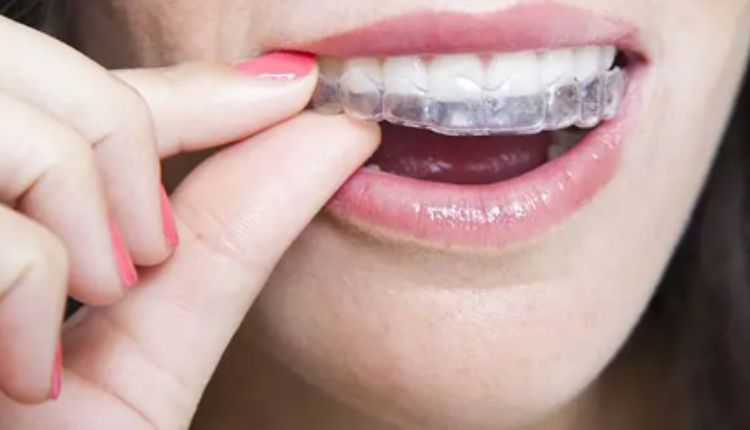Oral health is a vital part of overall well-being. Medications can affect the mouth in unexpected ways. I gathered insights from Sarah Elghor DDS, a respected general dentist, to understand these effects. Many common medications can lead to dry mouth, gum problems, or even tooth decay. Understanding these impacts helps in managing oral health better. Let’s explore how medications can change the landscape of our oral care.
Common Oral Side Effects
Medications help treat many conditions, but they can have side effects. Some of the most common oral side effects include:
- Dry mouth
- Gum swelling or bleeding
- Changes in taste
Each of these issues can lead to further dental problems if not addressed. For instance, dry mouth increases the risk of cavities because saliva helps protect teeth from decay. When saliva is reduced, teeth are more exposed to potential harm.
Understanding Dry Mouth
Dry mouth, or xerostomia, is a frequent side effect of many medications. It occurs when salivary glands don’t produce enough saliva. This condition can be uncomfortable and lead to other dental issues. Saliva is crucial because it helps cleanse the mouth and digest food. Without enough saliva, food particles linger, leading to plaque buildup and tooth decay.
According to the National Institute of Dental and Craniofacial Research, over 400 medications can cause dry mouth, including antihistamines, antidepressants, and blood pressure medications. Learn more about dry mouth from the National Institute of Dental and Craniofacial Research.
Medications and Gum Health
Some medications can impact gum health. Drugs used for blood pressure and certain anti-inflammatory drugs can cause gums to swell or bleed. When gums are inflamed, they can become more sensitive and prone to infection. This condition makes it essential to maintain a routine dental care regimen to avoid further complications.
Impact on Taste
Altered taste is another side effect that some medications can bring about. This change can affect dietary choices, which indirectly impacts oral health. When taste is altered, people might gravitate towards sugary foods to satisfy cravings, potentially leading to more cavities.
Comparison of Side Effects by Medication Type
| Medication Type | Common Oral Side Effects |
| Antihistamines | Dry mouth, altered taste |
| Antidepressants | Dry mouth, gum swelling |
| Blood Pressure Medications | Dry mouth, gum swelling |
Maintaining Oral Health
Managing these side effects is key to preserving oral health. Here are three tips to help:
- Stay hydrated to combat dry mouth. Drinking water helps stimulate saliva production.
- Maintain regular dental checkups. Dentists can catch early signs of medication-related oral issues.
- Practice good oral hygiene. Consistent brushing and flossing prevent plaque buildup and gum disease.
Consulting with Dental Professionals
It is important to talk with dental professionals about any medications being taken. Dentists can offer tailored advice to mitigate side effects. Sharing a full list of medications with the dentist can provide a clearer picture of potential risks and solutions. The Centers for Disease Control and Prevention provides additional resources about oral health conditions and preventive measures.
Conclusion
Medications can greatly impact oral health, but understanding these effects allows for better management. By staying informed and maintaining open communication with dental professionals, it’s possible to minimize these side effects and protect your smile. Always consider the potential oral side effects when starting new medications and take proactive steps to address them. Keeping oral health a priority ensures overall wellness and a healthier, happier life.

